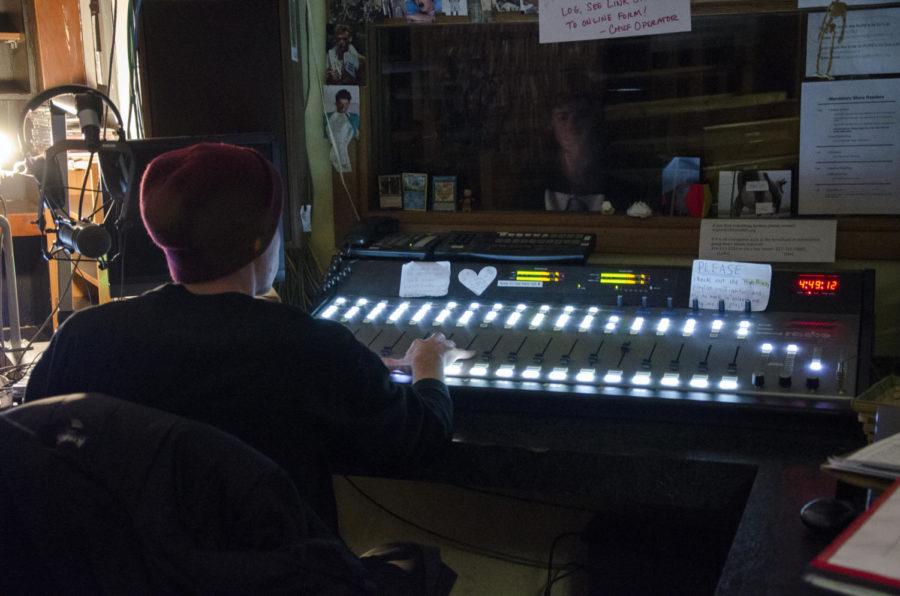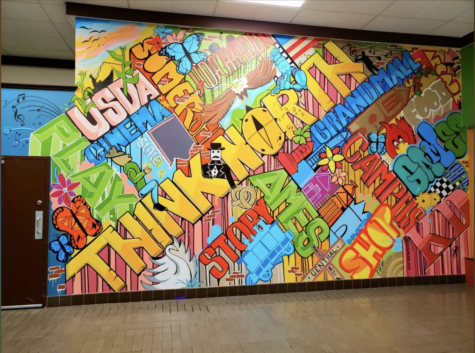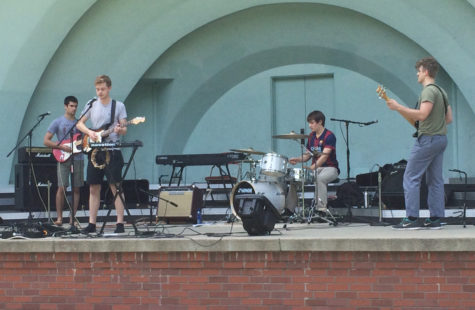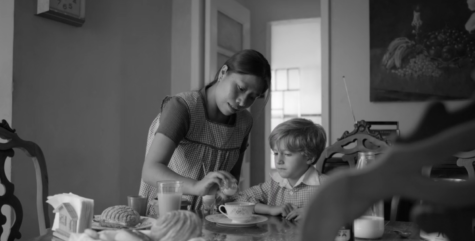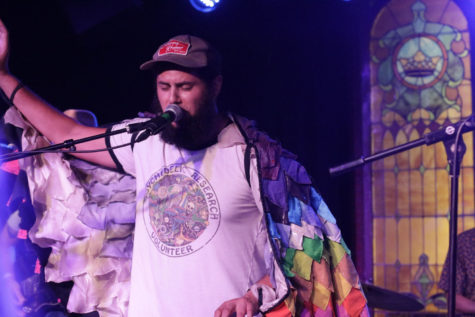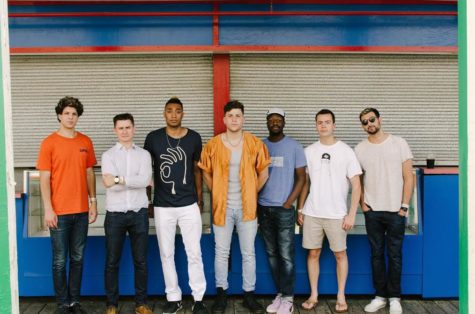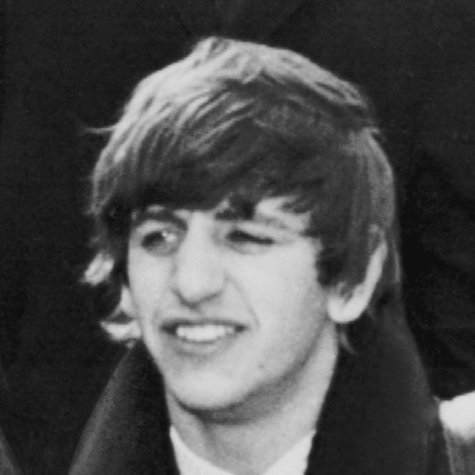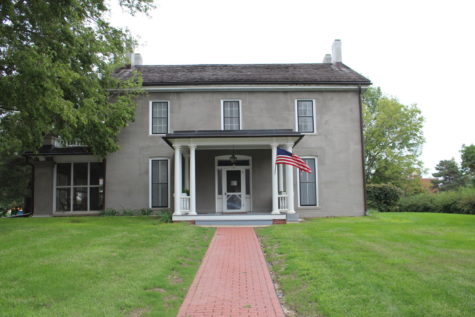- Ames247
- Ames247 / Music
- Ames247 / Music / Campus
- App Content
- App Content / Lifestyle
- Limelight
- Limelight / Music
- Limelight / Music / Campus Music Sub
KURE launches unfiltered station
April 24, 2018
Every Wednesday evening since the beginning of the spring 2018 semester, four friends go live from 88.5 KURE Ames Alternative’s Studio B. They occupy the airwaves with advice on sensitive subjects, discussion of memes and entertaining personal stories.
One anonymous listener sends in a question asking for advice on a friend who gets too drunk whenever they go out to the bars. This friend was so intoxicated on one occasion that he tried to start his vehicle but passed out at the wheel before he could put himself and others at risk. The hosts begin a roundtable giving sincere advice to the listener such as discussing strategies to talk it out with his friend and plans to make sure he doesn’t attempt to drive drunk again.
The show is called “Fake Flowers” and is produced by Jonathan Free, junior in computer science, and one of the masterminds behind KURE’s new listening platform, The Basement.
KURE’s website states “The Basement is a platform of freedom where DJ’s can play the music they want to play, speak about the niche topics they want to speak about and have more independence in the type of content they put on-air.”
DJs on The Basement are granted this freedom because The Basement is not regulated by the Federal Communications Commission (FCC), an agency that regulates communications on radio, television, and more. This is because The Basement is streamed on KURE’s website where it is out of the FCC’s reach.
“We want to make it clear that The Basement is not just about being able to say curse words,” said Free.
The discussion of fragile topics and unrestricted format which are trademarks to “Flake Flowers” is why the show is right at home on The Basement.
However, according to a study by New York University’s Steinhart Music Business Program conducted in August of 2017 titled “Paradigm Shift: Why Radio Must Adapt to the Rise of Digital,” radio risks becoming a thing of the past if the medium doesn’t adapt to the wants of today’s generation.
New digital services such as Spotify and Apple Music are changing the way people listen to music and Generation Z, music fans born in 1995 or after, are embracing this change. Listening to AM/FM radio among teens 13 and up declined by almost 50 percent between 2005 and 2016.
This doesn’t seem to discourage those involved at student-run radio station KURE who are dedicated to their station.
“Everyone who is here just really cares about it. They just want to help the station improve and get more people involved,” said Karina Abbott, junior in marketing and general manager at KURE.
“It was an idea for years before we even started talking about logistics,” Abbott said. “It was on me to figure out how we were going to do it, to find out what we need and how we were going to build it. We luckily had just brought on two new IT directors, Jonathan Free and Nolan Kim. Great guys. They treat it like it’s their baby. They built it. They’re the masterminds behind The Basement.”
Abbott also hosts a show on The Basement from Wednesdays from 8 p.m to 9 p.m. Her show “TuneTalk” discusses newly released music with members of KURE’s music review committee. Abbott explained that she feels there is more freedom on The Basement due to the lack of restrictions and relaxed vibe, making conversations with guests feel more natural.
She also doesn’t have to worry if guests haven’t been on a radio show before and sometimes guests on the show come on last minute. As many as six guests can pile into KURE’s studio B all equipped with headphones and microphones. The guests participate as much as they wish, some more than others. This free-spirited approach to radio is another example of why The Basement was created.
Kyle Guerttman, junior in pre-business and frequent guest on “TuneTalk,” explained why he enjoys coming on the show.
“Getting to listen to new music, talking to people about music and turning people on to new stuff. Mostly being able to talk to other people about similar music because that doesn’t happen too frequently,” Guerttman said.
First word of The Basement appeared on KURE’s Facebook page in February with an image of KURE’s unofficial mascot Otto Bot sitting on a couch under The Basement’s logo. Otto Bot constantly judges human’s taste in music but was sent to Earth to keep the KURE stream going 24/7. The couch, which is in the KURE office in the depths of Friley Hall, is the basis for The Basement’s logo. The old green couch has been there as long as anyone from KURE can remember.
“I’d love to get more people involved with it. I’d love to fill it up with niche talk shows and niche DJ shows,” said Abbott. “We would like to provide an outlet for students to come in and get their voice heard, play the music they want to play, talk about what they want to talk about, a pathway to becoming involved with radio and broadcasting if they want to do that as a career. It’s a great place to start for that.”
Abbott says she’s always at the station and has slept overnight in the KURE office on one occasion. Abbott and Free both say creating something new that you can call your own and be proud of is what motivates them to become deeply rooted with their involvement in KURE.
“College radio is more about the little guys,” said Abbot.
“[College radio] providing an outlet for smaller artists, local artist, more indie artists, self-releasing artists, people who don’t get played on other stations,” Abbott said. “[KURE] definitely expanded my musical knowledge exponentially of what was out there. It was like I didn’t even know what I was missing.”

